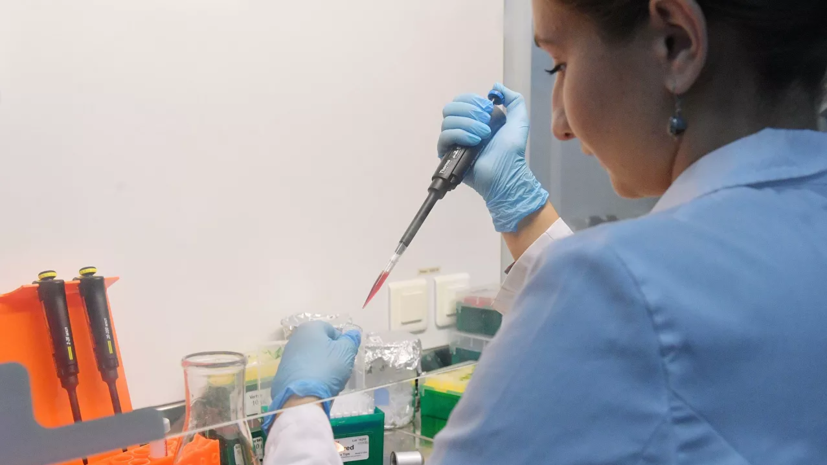According to him, the "classic of epidemiology" says that the increase in incubation will continue for at least two incubation periods, that is, 28 days.
“But given that the growth did not start today or yesterday, then on average in 20 days there will be a stabilization of the epidemiological process, like the situation that we witnessed in May,” he said.
Answering a clarifying question, he added that the epidemic process “will not stop,” and the first wave of coronavirus has not yet been completed.
“We did not pass through the zero point.
Therefore, there is a seasonal increase in the incidence, which will undoubtedly continue, and the final stabilization and decline will begin, in my opinion, not earlier than February-March, ”Gorelov said.
He explained that for about three weeks in Russia the current rates for COVID-19 will remain, after which "the number of registrations of the disease will begin to decline."
“But, I repeat, a clear decline and the situation that we noted in June will come in July by February-March,” he said.
Earlier, Natalya Pshenichnaya, deputy director for clinical and analytical work of the Central Research Institute of Epidemiology of Rospotrebnadzor, speaking about the possibility of a plateau for COVID-19 in Russia, noted that this could happen within the next 10-20 days.
In late September, Gorelov said that a pessimistic scenario for the development of the situation with the virus in Russia is unlikely.

